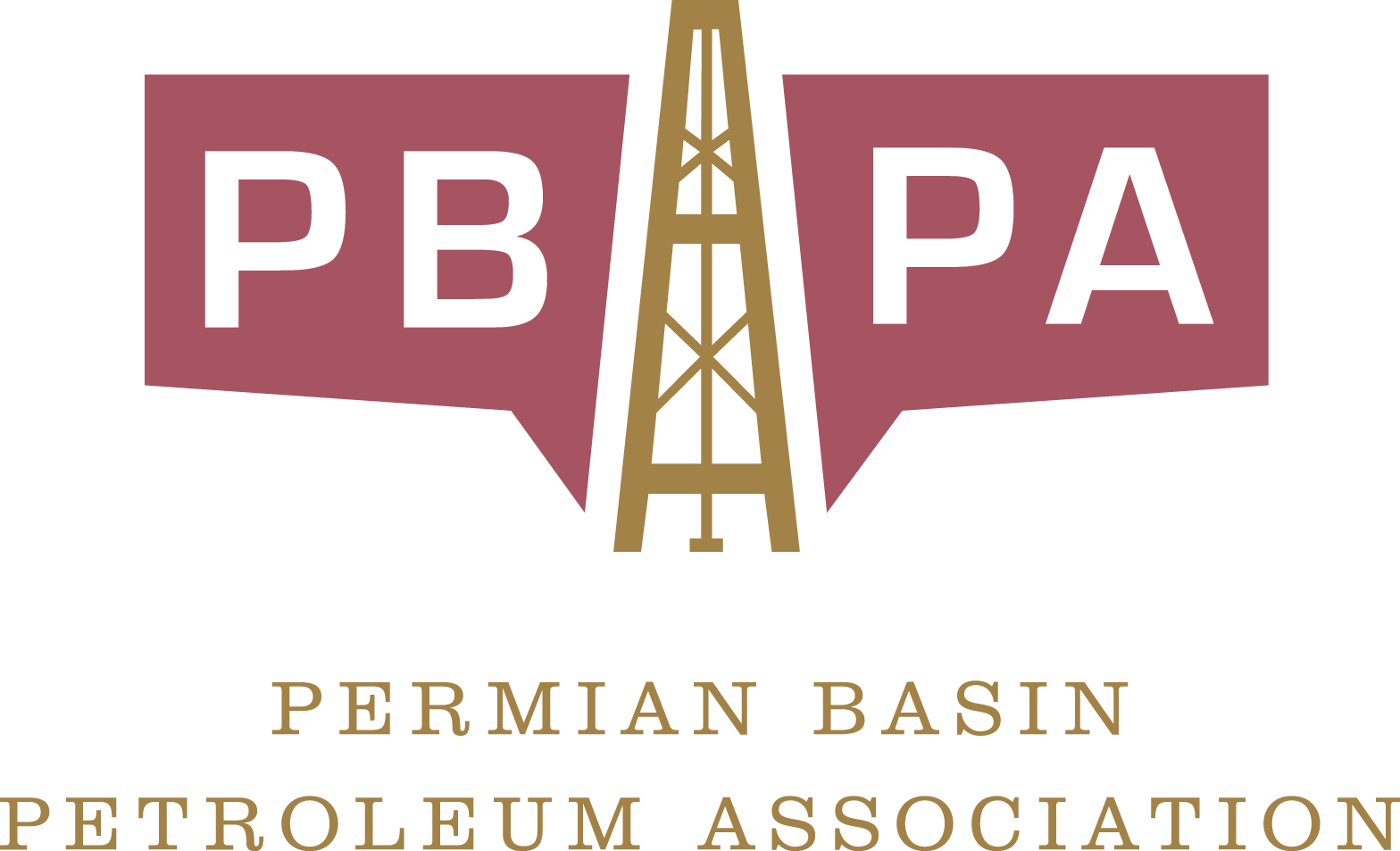PBPA joined a coalition of seven energy associations in a letter to Congressional leaders urging them to support the bipartisan agreement to raise the debt ceiling that includes some permitting reforms
May 30, 2023
Dear Speaker McCarthy, Senator Schumer, Representative Jeffries, and Senator McConnell:
We, the undersigned oil and natural gas trade associations, represent the hardworking men and women who produce 70% of our nation’s energy supply. We recognize America’s economic strength comes from a combination of our abundant natural resources and the innovators who convert them into the substantial energy that powers our modern lives. Thanks to the entrepreneurial spirit and the willingness of our members to take enormous risks, our nation and others around the world benefit from life-sustaining energy that keeps people warm in the winter, gets them to work and school to better their lives, and puts food on the table. We are living longer thanks to the domestic oil and natural gas that provide the feedstock for thousands of products used every day, from anything with a computer chip to medicines that save millions of lives on a global scale.
Recognizing the human, economic, and strategic value of harnessing our nation’s energy, Congress has played a key role in creating the bedrock of laws over the past century that encourage energy production while prioritizing environmental protection. Notably the National Environmental Policy Act (NEPA) has provided a critical law for analyzing and mitigating environmental impacts from infrastructure projects over the past five decades. Together with laws like the Mineral Leasing Act (MLA), the Federal Land Policy and Management Act (FLPMA), and the Outer Continental Shelf Lands Act (OCSLA), which govern energy development on federal lands and waters, the United States has balanced energy production with protecting natural resources.
Unfortunately, along the way, a growing industry of activist groups has corrupted this balance by subverting Congress’s intent. For too long, extremists have abused these laws by turning them into weapons. They lobbied for overreaching federal regulations that restrict development and create lengthy delays. They use the courts to create further delays and even shut down projects. As a result, rather than serving as tools to mitigate environmental impacts, these bedrock laws have become a way to halt oil and natural gas development, pipelines, roads, bridges, water projects, and other economic growth. The current trajectory of the permitting process is not sustainable, and Congress should rein in abusive practices, cut bureaucratic red tape, and eliminate the growing confusion.
Currently, there are several bills being debated in Congress that would make significant progress on important energy-permitting issues. The Fiscal Responsibility Act is a consequential first step in addressing obstructions to energy and infrastructure development. Additionally, we applaud the House of Representatives for prioritizing permitting reforms within the Lower Energy Costs Act (H.R. 1). In the Senate multiple, comprehensive reform packages have been introduced, including the Spur Permitting of Underdeveloped Resources (SPUR) Act, the Revitalizing the Economy by Simplifying Timelines and Assuring Regulatory Transparency (RESTART) Act, and the Building American Energy Security Act of 2023. We are pleased to support these bills.
There is tremendous opportunity for bipartisan support given the widespread impacts of permitting delays across all facets of the economy. Lawmakers have the opportunity to come together and show the American people that Washington can still accomplish great things when necessary.
As the debate around permitting reform continues, our coalition seeks to highlight key reforms that would ensure access to reliable, affordable, and environmentally responsible energy and the infrastructure to deliver it. The following are our policy priorities:
- Resume regular oil and natural gas leasing – Adhere to Congress’s mandated lease sale schedules under the Mineral Leasing Act and Outer Continental Shelf Lands Act; complete a fiveyear offshore leasing plan; and prohibit moratoria on oil and natural gas leasing.
- Establish reasonable environmental analysis – Focus reviews under NEPA to sensible timeframes with limited scope and page length by analyzing only reasonable alternatives that are within the agency’s authority; technically and economically feasible; and include impacts from the project and not unrelated, hypothetical impacts. Prevent the administration from redirecting the NEPA analysis for a proposed oil and natural gas project to force a renewable replacement project, as the White House Council on Environmental Quality’s guidance suggests.
- Return certainty to permitting – Process drilling permits and rights-of-way in a regular, orderly manner and reduce processing time. Adhere to legal processing requirements under the Energy Policy and Conservation Act. Expedite processing time for class VI injection well permitting.
- Rein in protests and litigation – Limit filings for judicial reviews of permits, leases, licenses, and NEPA for wells, gathering lines, and pipelines to within no more than 120 days.
- Prevent federal encroachment on nonfederal wells – Exempt oil and natural gas wells located on private or state lands from federal permitting if less than 50% of the subsurface energy resources are federal.
- Remove the tax on natural gas – The methane emissions tax from the Inflation Reduction Act is unprecedented double jeopardy, as it taxes emissions regulated under the Clean Air Act as a revenue stream. Further, EPA is undergoing four conflicting rulemaking processes to implement the tax, which will be nearly impossible to implement, resulting in companies being taxed on a portion of their production, not on an accurate assessment of their actual emissions.
Congress is on the cusp of addressing many of these priorities within the Fiscal Responsibility Act. We are grateful for the historic improvements to NEPA analysis and are eager to see them implemented. As lawmakers subsequently address bottlenecks holding up domestic energy projects, we stand ready to meet with any congressional office or committee to discuss practical solutions in detail that would provide additional clarity and help further restore certainty to energy development in the United States.
Sincerely,
Western Energy Alliance
Energy Workforce & Technology Council
Independent Petroleum Association of America
International Association of Drilling Contractors
Permian Basin Petroleum Association
Texas Alliance of Energy Producers U.S. Oil & Gas Association
